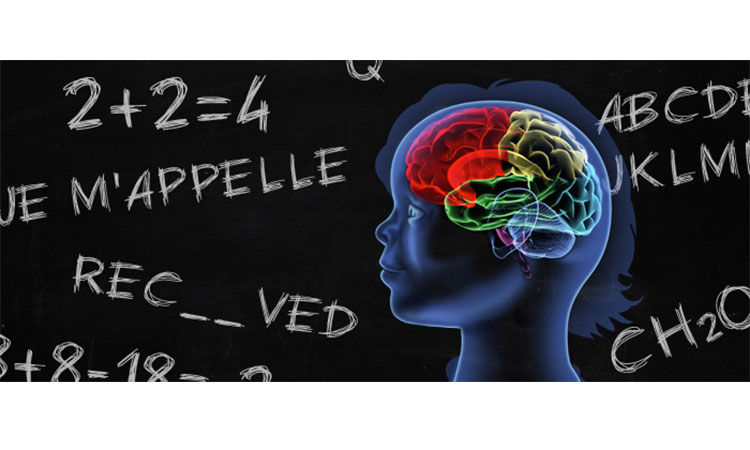
Critical Period and Brain Plasticity
As the infant's brain develops, areas within the brain reach their full maturation according to their predetermined biological timing. However, it has also been proven that environmental stimulation facilitates the functioning of the brain, resulting in improvements in learning. Critical period is the time span when the environment will have its greatest effect in the life of a developing person. Studies generally show that the first 5 years or early childhood are critical periods for any intervention.
Research suggests that experiences beneficial for learning should occur when the brain is most open - 'plastic' to the particular experiences, i.e. in early childhood. Readiness for learning occurs throughout one;s lifespan but it is more marked in children as the initial stage is one of relatively rapid change in which the brain is very receptive to extrinsic environmental experience. The adult brain retains some plasticity, but not as much as during the child stage. Intervention to facilitate learning is most appropriate early in life when the central nervous system is being organized and when there are fewer constraints on its ability to change.
In conclusion, an understanding of how the child learns and how the brain develops will enable us to maximize the child's learning abilities to last through the lifespan.-